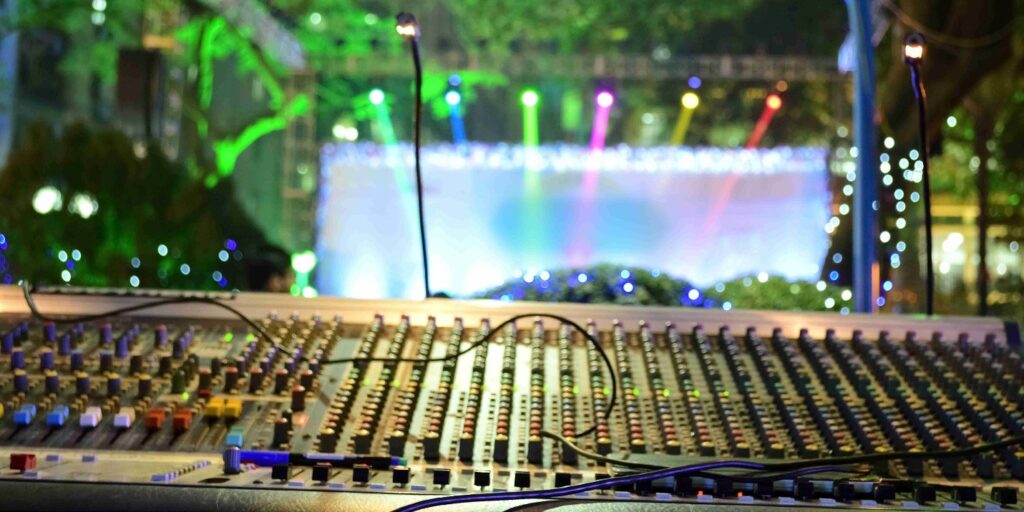Audio-visual event coordination (AVEC) is an essential element of successful event planning. AVEC involves the coordination of audio, video, lighting, and other technical details to ensure an event runs smoothly. Professional AVEC requires a great deal of planning and coordination, but the results are well worth the effort. In this article, we will discuss some best practices for successful audio-visual event coordination.
Pre-Event Planning
The key to successful AVEC is pre-event planning. Before the event, all the technical details must be worked out, from the type of audio and video equipment to be used to the placement of the speakers and the lighting setup. This can be done by working with the venue’s technical staff to ensure the equipment will meet the event’s needs. Additionally, the AVEC team should create a timeline for the event, including setup and breakdown times, to ensure that all the technical details are in place on time.
Communication
Communication is essential for successful AVEC. The AVEC team should keep in close contact with the event organizers and other involved personnel to ensure that all the technical details are taken care of. The AVEC team should also ensure that the event organizers are aware of any potential issues that may arise, so the event can be handled smoothly.
Technical Understanding
The AVEC team should have a good understanding of the technical aspects of audio and video equipment. They should be familiar with how to set up and adjust the equipment, as well as how to troubleshoot any problems that may arise. Additionally, the AVEC team should be aware of the safety requirements for operating the equipment, and they should ensure that all safety protocols are followed during the event.
Testing
It is important to test all the audio and video equipment before the event begins. The AVEC team should check that the equipment is working properly and that all the connections are secure. This will help ensure that the event runs smoothly and without any technical issues.
Backup Equipment
It is always a good idea to have backup equipment on hand in case something goes wrong. The AVEC team should have extra cables, speakers, and other equipment available in case something breaks or fails during the event. This will help avoid any unexpected delays or technical issues.
Post-Event Evaluation
After the event, the AVEC team should evaluate the event’s technical setup. They should review the equipment and the setup process to identify any potential problems or improvements that could be made for the next event. This will help ensure that the AVEC team provides the best possible service for future events.
Audio-visual event coordination is an important part of successful event planning. By following these best practices for AVEC, the AVEC team can ensure that the event runs smoothly and that all the technical details are taken care of. With careful planning and good communication, the AVEC team can provide outstanding audio and video experience for event attendees.


get in touch